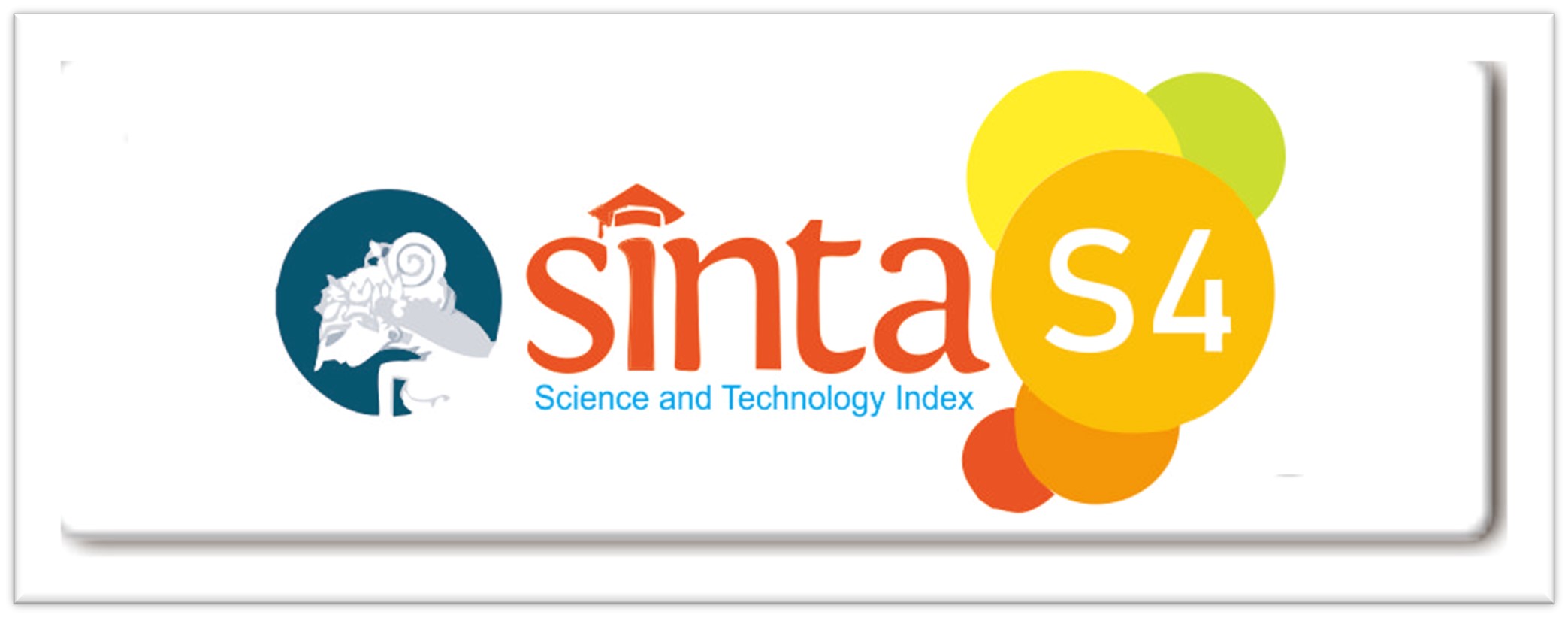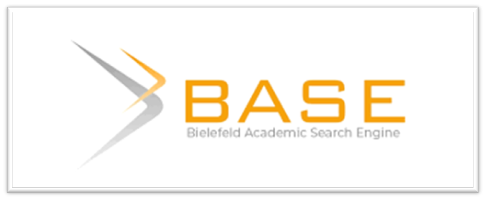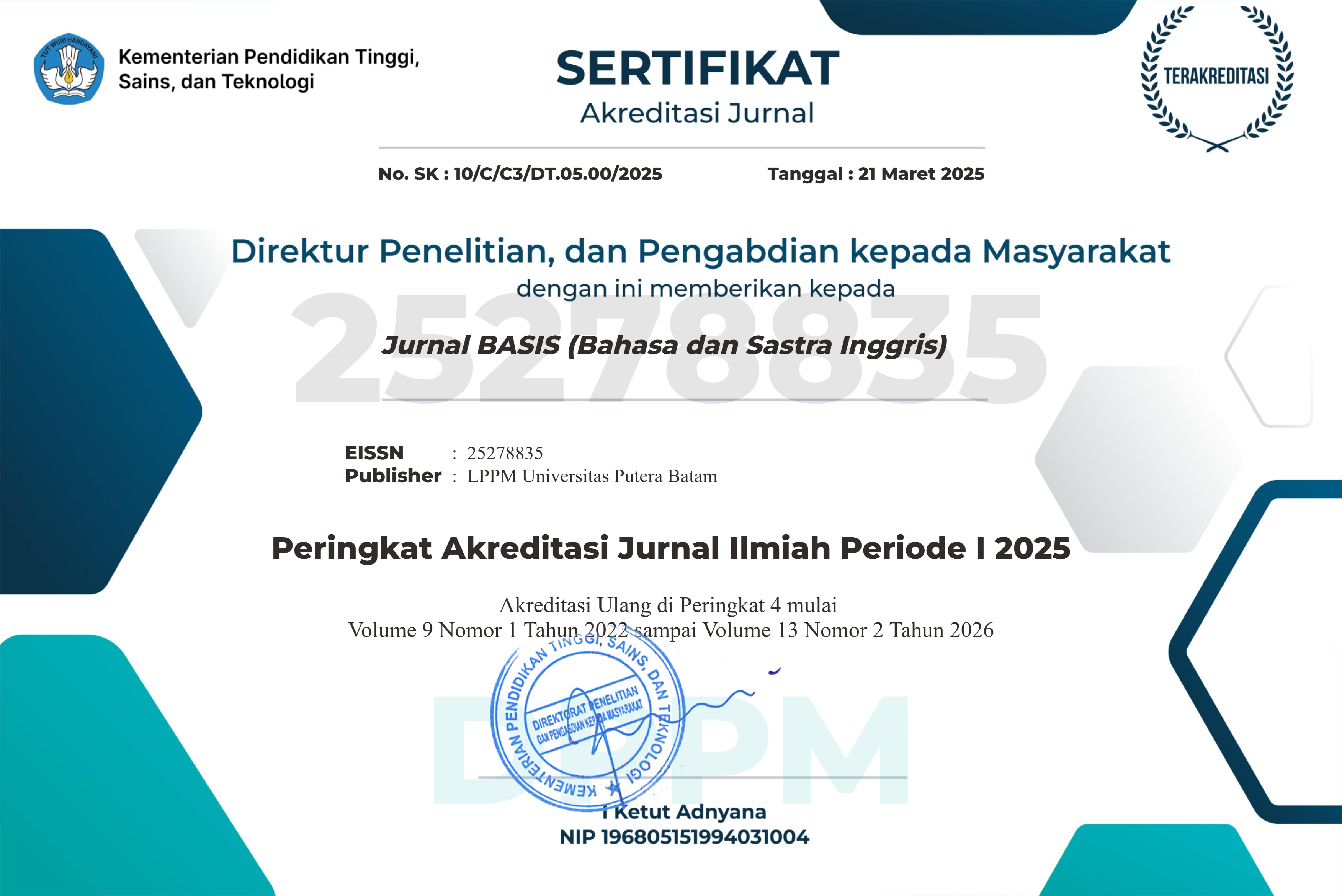RECONSTRUCTING AN EFL PRE-SERVICE TEACHER’ IDENTITY: A SELF-NARRATIVE
DOI:
https://doi.org/10.33884/basisupb.v12i1.9507Keywords:
English education, identity formation, cultural competence, narrative self-study, teacher developmentAbstract
The experiences of English language education students significantly shape language learning practices and pedagogical approaches globally. Despite the growing interest in these experiences, research on the intersection of identity and language teacher development remains limited, particularly among Indonesian English education students. This study employed James Paul Gee's Identity Theory (2000) to explore the construction and reconstruction of my identity as an English education student during a study exchange at Osaka University (2023–2024). Using a narrative self-study approach, I carefully examine up to the present moment, the struggles, development, and successes that have reshaped my formerly shaped identity as an English language learner and English education student. Moreover, a collection of reflective writings such as documents, pamphlet notes, tables, and journals were adopted to critically review my identity through a constant comparative method of data analysis, which led to the revelation of multiple stages of my identity formation and then its further reconstruction. The findings reveal that students and teachers’ narrations provide insightful and enlightening clues for each and every engaged member of the learning cycle to learn how to deal with members within their communities, and remind policy-makers and higher-order authorities of the value in recognizing and appreciating each and every one of an individual’s voices.
References
Braun, V., & Clarke, V. (2006). Using thematic analysis in psychology. Qualitative Research in Psychology, 3(2), 77–101. https://doi.org/10.1191/1478088706qp063oa
Barkhoda, J., Azizi, A., & Abdulrahman, B. S. (2025). Bridging Worlds: enhancing English Teaching through a culture-based approach in Iranian Kurdistan. Cogent Education, 12(1). https://doi.org/10.1080/2331186X.2025.2464308
Gándara, Y. L., & Rendón-Romero, S. I. (2023). Critical approaches to English language teacher education: A narrative inquiry into trainee teachers’ experiences as speakers of English. Heliyon, 9(12). https://doi.org/10.1016/j.heliyon.2023.e22882
Gee, J. P. (2000). Chapter 3 : Identity as an Analytic Lens for Research in Education. Review of Research in Education, 25(1), 99-125. https://doi.org/10.3102/0091732X025001099
Kurniawan, M. H. (n.d.). HOW TEENAGERS PERCEIVE LANGUAGE AS A PART OF CULTURE: PROTOTYPE SEMANTIC APPROACH. https://doi.org/10.33884/basisupb.v8i2.4481
Marmet, M. D. (2023). Bridging the power gap: the impact of pedagogical strategies and relationship-building on student success. Journal of Research in Innovative Teaching and Learning, 16(2), 192–209. https://doi.org/10.1108/JRIT-01-2023-0009
Nowell, L. S., Norris, J. M., White, D. E., & Moules, N. J. (2017). Thematic Analysis: Striving to Meet the Trustworthiness Criteria. International Journal of Qualitative Methods, 16(1). https://doi.org/10.1177/1609406917733847
Peng, J. (2024). English Language Teaching Methods: Exploring the Impact of Various Approaches on Students’ Language Learning Outcomes. SHS Web of Conferences, 187, 01008. https://doi.org/10.1051/shsconf/202418701008
Phipps, J. P. (2022). Examining the Sources and Development of EFL Learner Self-Efficacy Through Narrative Inquiry. Journal of Asia TEFL, 19(4), 1181–1199. https://doi.org/10.18823/asiatefl.2022.19.4.3.1181
Safari, P. (2018). A critical reflection on (re)construction of my identity as an English language learner and English teacher. Professional Development in Education, 44(5), 704–720. https://doi.org/10.1080/19415257.2017.1387866
Zacharias, T. (n.d.). THE JOURRAL OF ASIA TEFL The Teacher Identity Construction of 12 Asian ES Teachers in TESOL Graduate Programs. Retrieved February 23, 2025, from https://www.academia.edu/3352997/The_Teacher_Identity_Construction_of_12_Asian_NNES_Teachers_in_TESOL_Graduate_Programs
Tavakol, M., & Tavakoli, S. (2022). Exploring identity formation in English language teaching through cultural lenses. Journal of Applied Linguistics, 23(4), 341–359. https:/ /doi.org/10.1016/j.linged.2022.101101
Majewska, I. A. (2022). Teaching global competence: Challenges and opportunities. College Teaching, 71(2), 112–124. https://doi.org/10.1080/87567555.2022.2027858
Barkhuizen, G. (2016). Narrative approaches to exploring language, identity and power in language teacher education. RELC Journal, 47(1), 25–42. https://doi.org/10.1177/0033688216631222
Marvasti, A., & Gubrium, J. (2021). Analyzing identity narratives through cultural frameworks. In Handbook of Narrative Inquiry (pp. 235–250). Oxford: Oxford University Press. https://doi.org/10.1093/oxfordhb/9780190082161.013.9













 JURNAL BASIS (BAHASA DAN SASTRA INGGRIS)
JURNAL BASIS (BAHASA DAN SASTRA INGGRIS)
